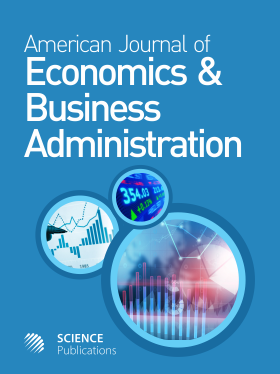Microcredit Services to Reduce Vulnerabilities in Italy: An Exploratory Study Using Focus Groups
- 1 Microfinance Consultant, Italy
- 2 Faculty of Economics, e-Campus University, Novedrate, Italy
- 3 Department of Economics and Management, University of Parma, Parma, Italy
Abstract
The development and promotion of microfinance services has been viewed as a key policy and program intervention for poverty reduction and bottom up economic and social local development. This study aims to analyze critically the role of microcredit in Italy as a tool to facilitate the credit access to vulnerable people and help them establish or expand a business. Using focus groups, the research analyses the mechanisms through which the involvement in microcredit operations results in positive (and negative) effects on people’s lives. During the group discussion, microcredit emerges as a positive instrument representing a great opportunity to allow people to find a form of employment, in the respect of the human rights. The credit seems to be even more important for young and migrants as a way to become independent economically, to start playing a new role in the society. However, the initial support and the following assistance during the loan term emerge as fundamental elements for the success of microloans, not only for the most vulnerable borrowers. These results suggest that effective microcredit policies should support the provision of non-financial services along with microcredit.
DOI: https://doi.org/10.3844/ajebasp.2023.1.12

- 2,351 Views
- 1,547 Downloads
- 0 Citations
Download
Keywords
- Business Microcredit
- Social Microcredit
- Vulnerability
- Focus Group
- Italy
